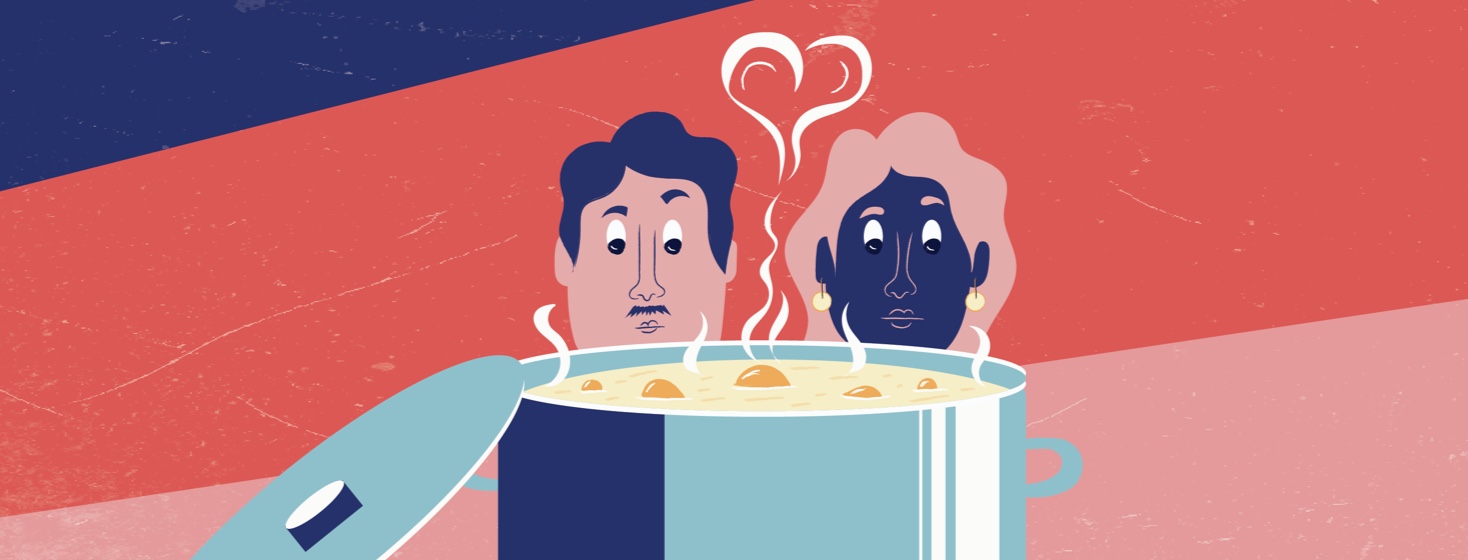Elimination Diets Are Hard Work – That’s Why It’s Important To Do Them as a Team
An elimination diet is a diet protocol that attempts to isolate and identify certain foods that cause a reaction is someone, but eliminating them en masse, and then reintroducing the foods individually and observing how the body responds. As foods are reintroduced one by one, the person on the elimination diet can take note of their symptoms and work out what foods are causing their bloating, digestive discomfort, swelling etc. This kind of diet is commonly used for identifying problematic foods for people with issues like IBS, SIBO and other digestive conditions. The initial elimination process lasts for around 4 weeks, then foods are reintroduced individually for 4 days at a time. Do the math and you can see that this protocol can take a long time to complete!
Elimination diet challenges
There are many links being discovered between endometriosis and digestive issues like the ones mentioned above, and my partner is currently on an elimination diet to identify what foods are giving her digestive problems and other histamine related reactions.
The obvious problem that an elimination diet throws up is the elimination of foods you commonly eat – just when we thought we had a good grip on eating for endo as a couple, we’ve now had to change our idea of what foods we can eat and what meals we have in our mental recipe list. The absence of foods like avocado, spring onions, nuts and seeds, or spinach have a huge impact on the pretty solid vegan, anti-inflammatory diet we were following. Missing out on spices like paprika and turmeric even changes how we can flavor the foods she can eat.
My partner is still in the early stages of the diet, and we haven’t started reintroducing foods yet, but there have already been some low times – where eating such a restrictive diet has got her down and made it seem like there’s no way to win. It’s been hard to eat a balanced, healthy, anti-inflammatory vegan diet, and also eliminate the foods she needs to. It’s obviously only for a short time, but food is such a source of joy in our lives that it’s had a big impact on her morale. This is why it’s important to do this as a team.
It's easier with a partner!
I obviously don’t need to follow this diet, I could be eating whatever I want at dinner, but by choosing to follow this diet, I make it easier for my partner. We have to decide what to eat together, we get annoyed at the options together, and we laugh about it together. I eat other foods when I’m out with friends or at work, but as I have always done with the endometriosis diet, I choose to follow this diet with my partner and help her achieve this restrictive and often complicated challenge. So long as I feel healthy, there is no reason not to.
I think that this team effort is making it easier. We are finding meals and recipes that fit the requirements of the elimination diet but are, at the same time, enjoyable for both of us. We are both invested in this journey and that takes some of the weight from her shoulders.
If I want to eat outside of this diet, there is nothing stopping me. I can and do eat a wide variety of foods and that’s key to a balanced and healthy lifestyle. But being part of a team and invested in your partner's goals is also part of a balanced and healthy relationship. Choosing to eat a bit of an annoying diet is a small price to pay to help my partner achieve her health goals.

Join the conversation